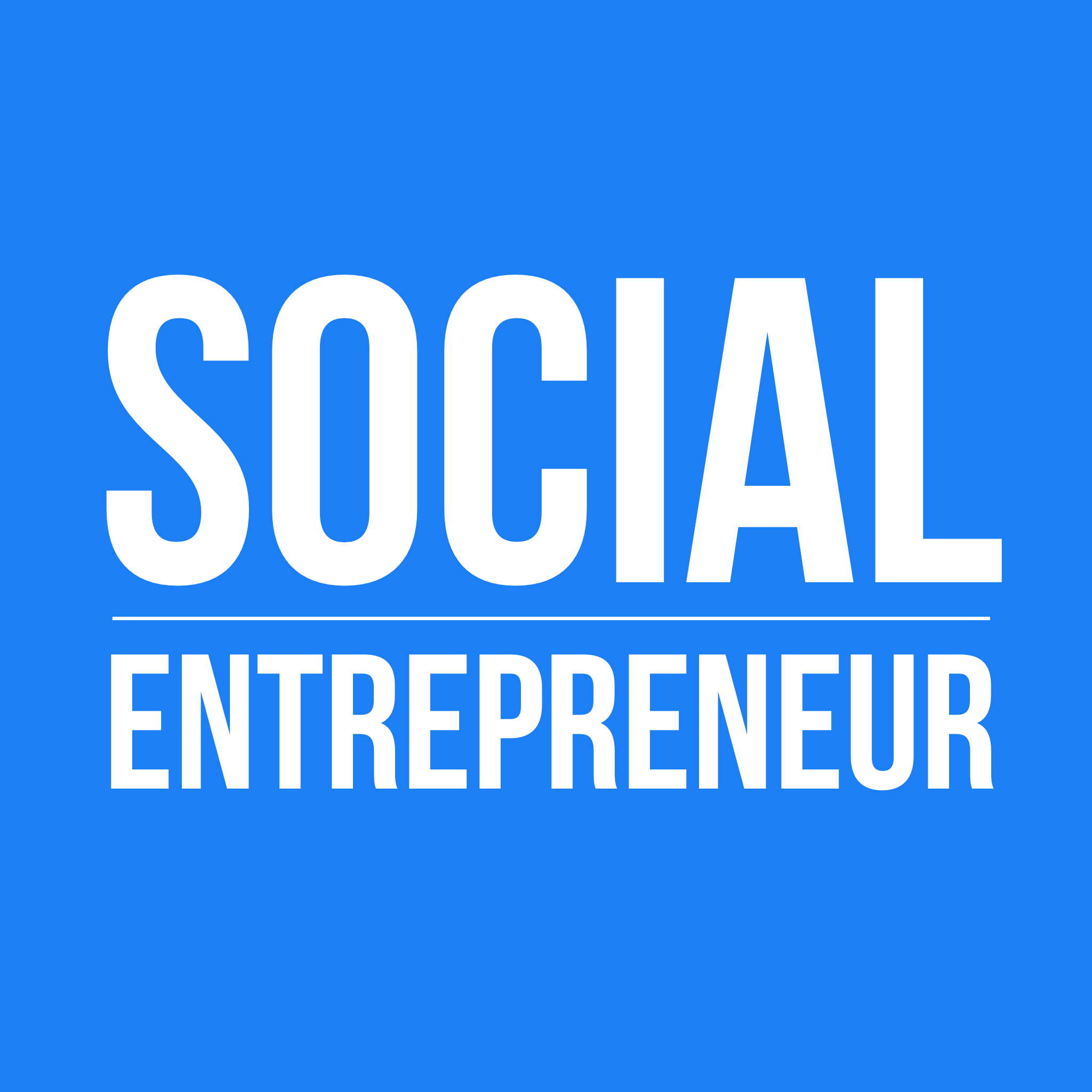How to Have Stuff without Breaking the Planet, with Sandra Goldmark
Description
What Sandra Goldmark learned from a seven-year experiment fixing stuff.
Sandra Goldmark is the Director of Sustainability and Climate Action at Barnard College. For seven years, she ran Fixup, a popup repair shop for household items of all kinds. It was staffed by theatre artists. “We use our backstage skills to fix people's broken stuff,” Sandra explains. “and to create an alternative to use and discard.”
Sandra has gathered her lessons learned and put them in a new book, Fixation: How to Have Stuff without Breaking the Planet.
“We are reinventing repair as a viable part of a sustainable, equitable, circular economy,” Sandra says. “We were mobile, so there was no fixed storefront. We accepted a wide range of items as a one-stop drop-off for our customers. We used an event-type structure to create a sense of urgency and community. And we partnered with a range of organizations.”
It started with a vacuum cleaner.
Around 2013, Sandra had a problem. Several items around her house broke – a lamp, a toaster oven, a backpack, and a vacuum cleaner. “It seemed crazy to me that it is easier to buy a new vacuum than get one fixed. It seems crazy to me to look around and see stores and homes and landfills filled with stuff.
“Everywhere I looked around me the whole pattern of consumption seemed totally out of whack. The environmental impacts of our system of consumption are staggering. People aren't happy with this pattern and how it plays out in their own lives. And when you look at individual objects, many of them are actually fixable. The whole system seemed totally broken. But it also seemed fixable!
“My work on circularity and repair is rooted in my work in the theatre - my belief that ALL of us have a role to play in finding solutions and building changes.”
Sandra started simply. “I just started. I was home on maternity leave, and I got a bee in my bonnet and never let go. We started with grassroots advertising, word of mouth, and leveraging neighborhood networks, especially parent networks.”
It worked! At their first popup event, people showed up with their broken stuff.
“We partnered with other organizations to move into new neighborhoods, eventually operating pop-ups in neighborhoods across 3 boroughs.”
Sandra didn’t always get it right.
“I tried to raise money from investors at one point during the process, and that did not work,” Sandra says. “The project didn't seem to fit some sort of model or mold that they were looking for, and we didn't seem to speak each other's language. I think this is an important point, not for my business per se, but about how we approach climate solutions, how we think about innovation, and how we can learn to work across siloes.
“The hardest part was trying to iterate and pivot while also keeping our focus.”
A popup shop becomes a book.
Sandra sees the book as an extension of her work. “Now, in this latest phase, we are reaching more people through the book, Fixation.
“Fixation provides a comprehensive look at the problem, a clear path forward, and a call to action for individuals, businesses, and policymakers.”
Learn More About Sandra Goldmark and Fixation:
- Book: Fixation: How to Have Stuff without Breaking the Planet: https://amzn.to/3qLlK3M
- Sandra Goldmark: https://sandragoldmark.com





